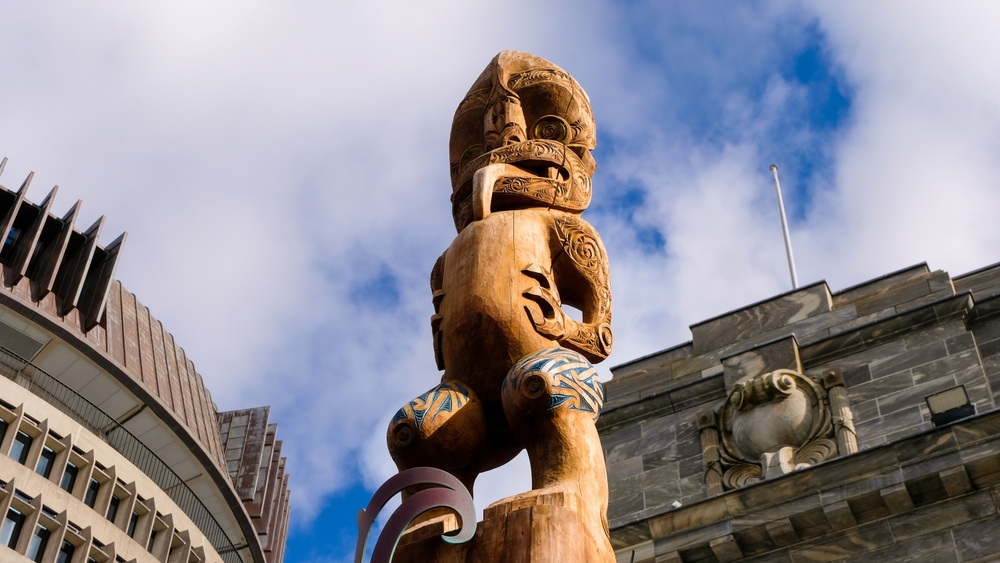The legislation seeks to reinterpret a 184-year-old Treaty.
Others are reading now
Maori members of New Zealand’s Parliament staged a haka, a traditional ceremonial dance, during a session to protest a controversial bill.
Reinterpret 184-Year-Old Treaty
The legislation seeks to reinterpret the 184-year-old Treaty of Waitangi, an agreement between the British Crown and Maori chiefs that remains a cornerstone of New Zealand’s governance and legal framework.
The Treaty of Waitangi, signed in 1840 by the British Crown and over 500 Maori leaders, established a shared governance model, according to Digi24.
Over the years, judicial rulings and a dedicated Maori tribunal have gradually expanded the rights and privileges of the indigenous Maori population, who make up about 20% of New Zealand’s 5.3 million residents.
Also read
Maori Lawmakers Oppose the Bill
The proposed bill, introduced by the ACT Party, a minor partner in New Zealand’s ruling center-right coalition, aims to narrow the treaty’s interpretation in legislation.
Proponents argue that the current interpretation unfairly favors indigenous rights, leading to what they claim is discrimination against non-indigenous citizens.
Maori lawmakers vehemently oppose the bill, viewing it as a direct threat to the hard-won rights of their community.
By performing the haka in Parliament, they expressed their disapproval of the bill and the broader implications it could have for indigenous rights.
The moment drew widespread attention to the tension surrounding the Treaty of Waitangi’s role in modern New Zealand.
While some see the treaty as a vital tool for addressing historical injustices, others argue that it creates division by giving preferential treatment to Maori communities.
Critics warn that limiting the treaty’s scope could undermine decades of progress in Maori rights, while supporters insist that a more restrained interpretation is necessary to ensure equality for all citizens.


